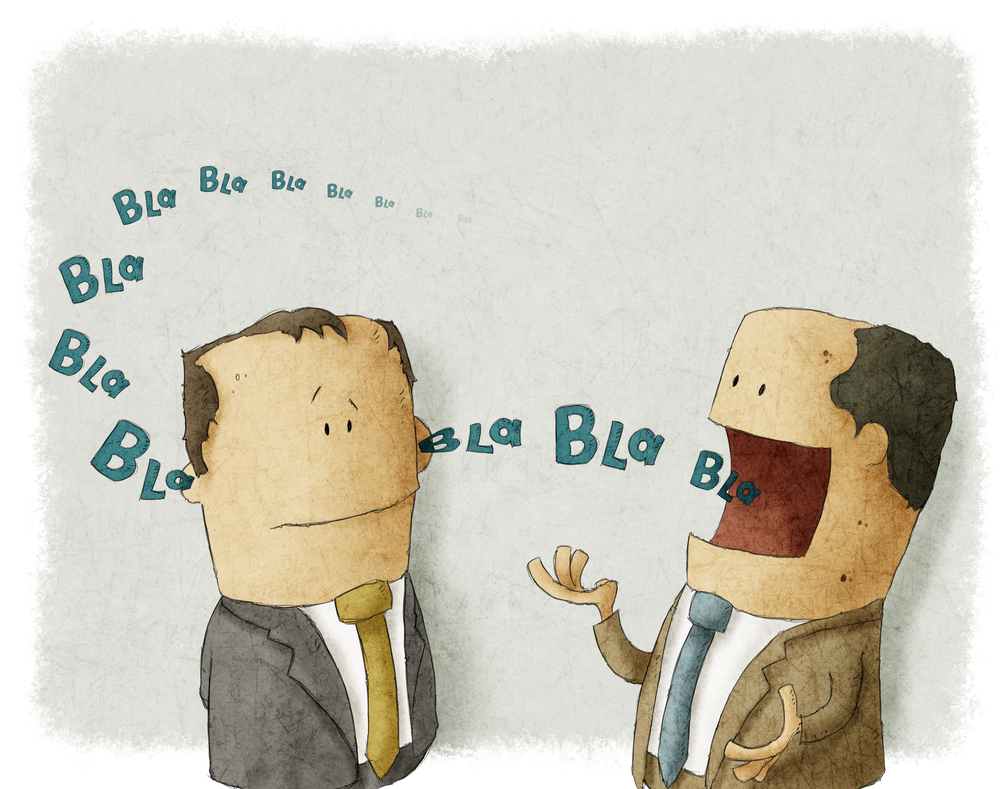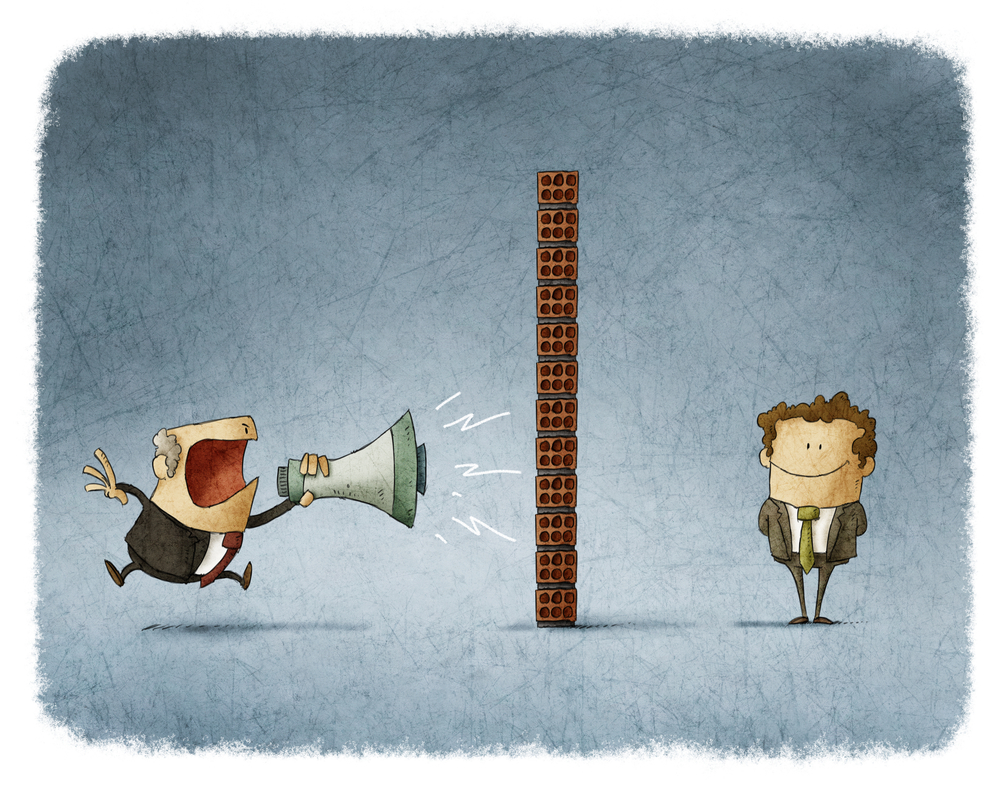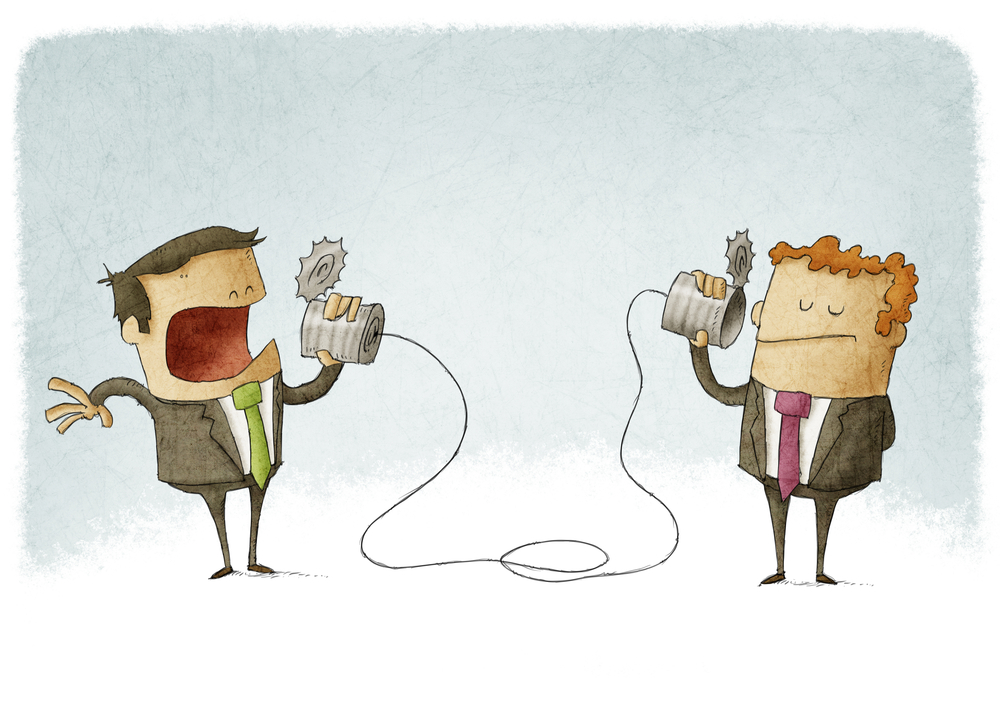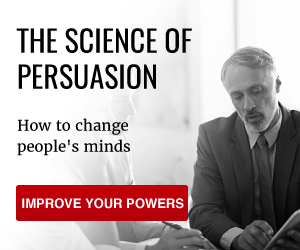
You might think you’re a great communicator. You’re quick with the quips, you empathise with experience and you’re at the ready with advice. But here’s the kicker: to be a great communicator you actually have to keep your mouth shut and your mind open.
This was the advice communication expert and TEDx speaker, Celeste Headlee, gave at a recent Yale thought-leadership event in New York. Templar facilitated the talk and our consultants Patrick McKenna and Molly de Ramel acted as moderators.
Headlee ran through some of the biggest communication mistakes that some of the smartest people in business make (and how to avoid them). Read on to discover why smart people are bad communicators.
They over-rely on digital communication
‘Mistakes are made when we default to digital communication instead of contact through voice, pitch, expression and nuance.’
We’re so used to the tools we use to communicate that we forget what they are taking away from our conversations.
Text-based communication, like instant messaging, is a fantastic way to concisely and quickly get across information, but people can easily misread what you say. How many times have you been offended by a curt response or a misjudged joke in an email?
We have evolved to be experts at interpreting meaning, but we rely on a number of cues other than the words actually being said for that ability.
Body language, tone and facial expression: these things all matter. Take them out of the equation and you lose much of the meaning you intended to express.
And on that note – never leave a voicemail. No one has time for them and many large multi-nationals have already sent them packing.
They don’t listen
‘There is no reason to learn how to show you are paying attention if you are, in fact, paying attention.’

Most of us struggle so much with listening that we’ve invented a toolkit of tricks to make others think we’re listening. Of course that usually means we’re so busy reminding ourselves to maintain eye contact and nod that we don’t hear a thing.
The fact is, the only way to really listen to someone is to concentrate, engage your ears and actually listen.
But what does that mean? What are you actually doing when you’re meant to be listening?
Most of the time, you’re probably thinking about something else. Most likely, you’re thinking up what you’re going to say next and crafting it into as interesting a shape as possible.
Listening means putting those thoughts out of your mind, being in the moment and actually concentrating on what the other person is saying.
‘If your mouth is open, you aren’t listening.’
Don’t jump in with your thoughts or your experience – just shut up and wait. People rarely wait more than half a second before they start their reply. That’s simply not enough time for your counterparty to think and develop their point if they have more to say.
They ask the wrong questions
‘If you ask a complicated question, you’re going to get a simple answer, and vice versa.’
The most important skill a good reporter learns is the art of phrasing a question.
A good communicator needs the same skills. You need to ensure that you don’t limit your conversation with someone by closing off their avenue for response.
Always ask open questions, starting with what, how, where, why etc.. Headlee uses the example:
‘If you ask you “Were you terrified?”, you’re going to respond to the most powerful word in that sentence, which is ‘terrified’, and the answer is “Yes, I was,” or “No, I wasn’t.”’
The open question asks, ‘How did you feel?’, and the open answer might be completely different to (and far more valuable than) the response you were expecting.
They don’t tell stories
‘Conveying information is encoded in our mammalian brains as storytelling. We only really listen if we’re listening to a story.’

Everyone knows someone who they find easy to listen to. Everything they say holds your attention and, as a result, you have far better conversations. Those people are storytellers.
When you communicate with someone, give them an attention-grabbing beginning, a compelling middle and a satisfying end.
That doesn’t mean that you can’t talk to a colleague about that quarterly report that needs finalising. It means you need to make sure you give them a reason to listen. Tell that colleague that you overheard your boss mention the report to the CEO, outline why that means now’s a good time to start working on it, and explain why getting the report in early might be a big bonus for the team at your next annual meeting.
Learn to let go
Ultimately people struggle with listening and communication because they like being in control, and when you’re talking, you’re in control. This problem often gets worse with age and experience as people become increasingly entrenched in their way of thinking and resistant to new ideas.
The problem is, when you’re talking, you’re not learning.
The key to becoming a better communicator is to remember that everyone is an expert in something. It’s your job (and to your benefit) in a conversation to find out what that something is.
